Documents
Documents
We’ve developed several useful resources for your use. These guides offer information which can be implemented in local programs and groups collaborating at a distance!

Pope Francis’ Message – World Day of Migrants and Refugees 2024
9 July 2024“God walks with His people" is the title chosen by Pope Francis for his Message for the upcoming World Day of Migrants and Refugees (WDMR), which will be celebrated on Sunday, September 29, 2024. In this message, the Holy Father reminds us that all of us, God’s people, are migrants on this earth, on our way to the “true homeland”, the Kingdom of Heaven.

Migrant Ministry Report in South America 2021
15 June 2023This volume provides the results of the Fourth Report on the Pastoral Care of Migrants in South America in 2021. It offers a collection of 40 Good Practices covering the four “verbs” suggested by Pope Francis in his Message for the 104th World Day of Migrants and Refugees 2018:1 to Welcome, to Protect, to Promote, to Integrate.
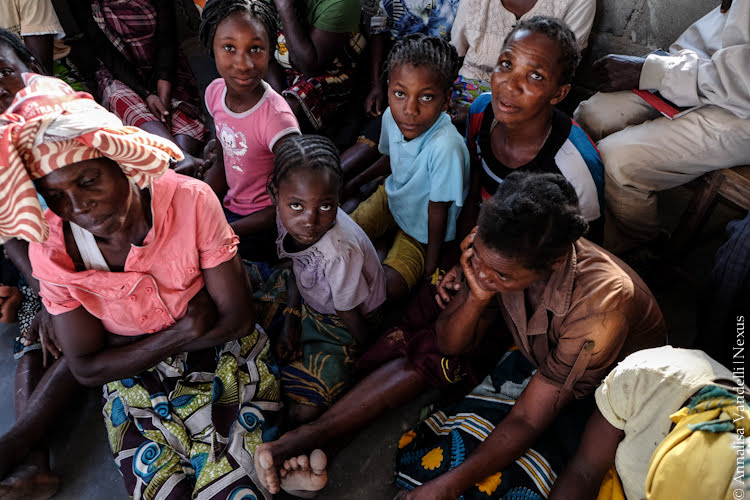
Migrant Ministry Report in Africa – Good practices 2021
15 June 2023Building the future with migrants and refugees
This volume provides the results of the Fourth Report on the Pastoral Care of Migrants in Africa in 2021. It offers a collection of 37 Good Practices covering the four “verbs” suggested by Pope Francis in his Message for the 104th World Day of Migrants and Refugees 2018:1 to Welcome, to Protect, to Promote, to Integrate.

Migrant Ministry Report in Central America, Caribbean, and Mexico 2021
14 June 2023This volume provides the results of the Fourth Report on the Pastoral Care of Migrants in Central America, Caribbean, and Mexico. It offers a collection of 40 Good Practices covering the four “verbs” suggested by Pope Francis in his Message for the 104th World Day of Migrants and Refugees 2018:1 to Welcome, to Protect, to Promote, to Integrate.

Migrant Ministry Report in Europe – Good practices 2021
14 June 2023Building the future with migrants and refugees
This volume provides the results of the Fourth Report on the Pastoral Care of Migrants in Europe in 2021, with a focus on Ukraine displacement crisis 2022-2023. It offers a collection of 38 Good Practices covering the four “verbs” suggested by Pope Francis in his Message for the 104th World Day of Migrants and Refugees 2018:1 to Welcome, to Protect, to Promote, to Integrate.

Pope Francis’ Message – World Day of Migrants and Refugees 2023
11 May 2023“Free to choose whether to migrate or to stay” is the theme chosen by the Holy Father for the 109th World Day of Migrants and Refugees (WDMR). Pope Francis intends to promote a renewed reflection on a right that has not yet been codified at the international level: the right not to have to migrate or, in other words, the right to be able to remain in one’s own land.
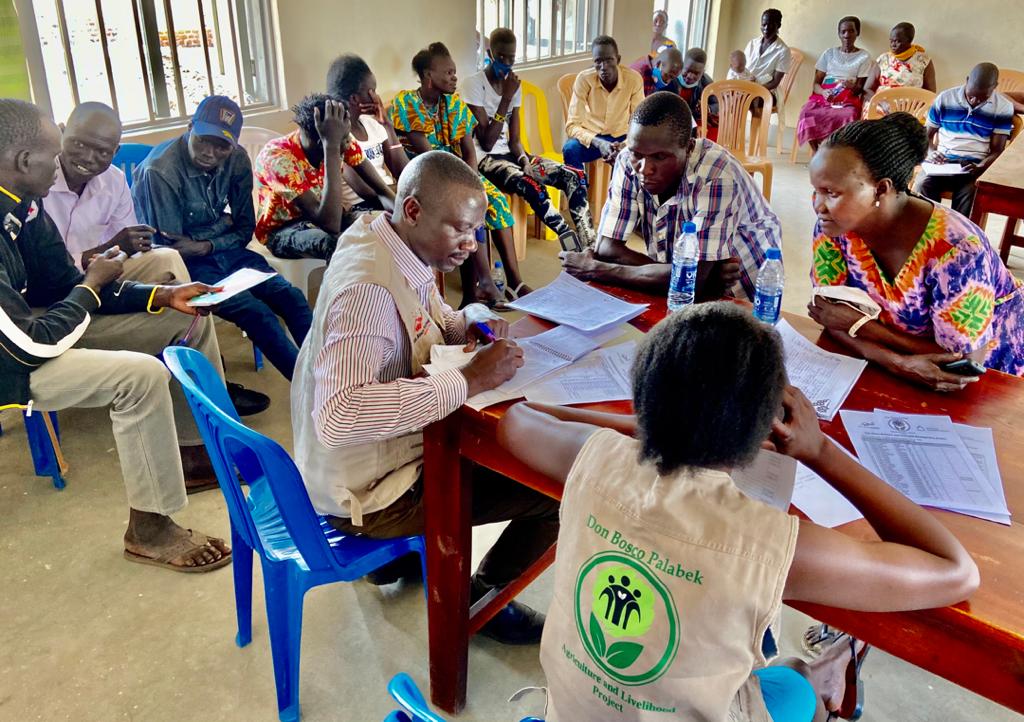
Guidelines for a diocesan/national office for the Pastoral Care of Human Mobility
7 March 2023We hope that these guidelines can serve the local Churches as a useful tool to organise the pastoral care of migrants, refugees, displaced persons and victims of trafficking, offering some general operational principles and a precise modus operandi to start and develop the specific apostolate in the migratory field.

The “right” not to have to emigrate
24 January 2023The Migrants and Refugees Section considers it important that the local churches commit themselves to working together with their governments in order to ensure that all have the conditions necessary for accessing integral human development in their homeland, without being forced to emigrate.

Good practices – Building the future with migrants and refugees
20 January 2023This attachment provides some good practices undertaken by Catholic organisations and religious congregations, in which local communities are committed to integrating migrants and refugees to build a future together

Building the future with migrants and refugees
27 October 2022"Building the future with migrants and refugees" is a call to a joint effort in building the Kingdom of God without excluding anyone. The document, resulting from a series of Consultations with Bishops Conferences, Catholic organisations and religious congregations, aims to further deepen the need to include and integrate people on the move, putting them at the centre of our future together with the local communities, unleashing their potential as migrants and refugees.

Pope Message – World Day of Migrants and Refugees 2022
12 May 2022“Building the Future with Migrants and Refugees” is the theme chosen by the Holy Father for the 108th World Day of Migrants and Refugees (WDMR).Pope Francis highlights the commitment that we are all called to share in building a future that embraces God’s plan, leaving no one behind.

Good Practices about Intercultural Migrant Ministry
24 March 2022This attachment provides some good practices undertaken by Catholic organisations and religious congregations in line with the responses identified in the Pastoral Orientations on Intercultural Migrant Ministry. We hope they will be useful for those who would like to put the POIMM into practice.

Pastoral Orientations on Intercultural Migrant Ministry
24 March 2022The Pastoral Orientations on Intercultural Migrant Ministry (POIMM) aim to further explore the need to come together into a single “us,” ever wider and more welcoming to include all the marginalised, and give up the distinction between “us” and “others” so that everyone may feel part of the one people of God (cf. Gen 11:1).
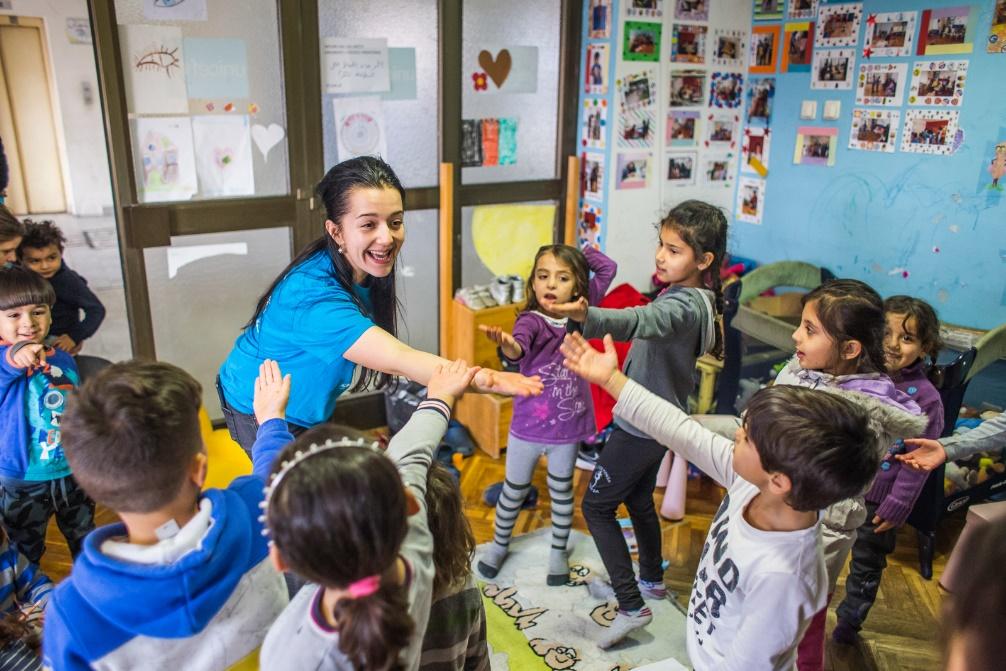
Migrant Ministry Report in Europe during the Pandemic Crisis
24 March 2022The report features 40 good practices enacted by the Catholic Church in Europe in 2020, during the pandemic, through the lens of Pope Francis’s four verbs for migration: welcome, promote, protect, and integrate.

Migrant Ministry Report in Africa during the Pandemic Crisis
24 March 2022The report features 40 good practices enacted by the Catholic Church in Africa in 2020, during the pandemic, through the lens of Pope Francis’s four verbs for migration: welcome, promote, protect, and integrate.

Migrant Ministry Report in Mexico, Central America and Caribbean during the Pandemic Crisis
24 March 2022The report features 40 good practices enacted by the Catholic Church in Mexico, Central America and Caribbean in 2020, during the pandemic, through the lens of Pope Francis’s four verbs for migration: welcome, promote, protect, and integrate.
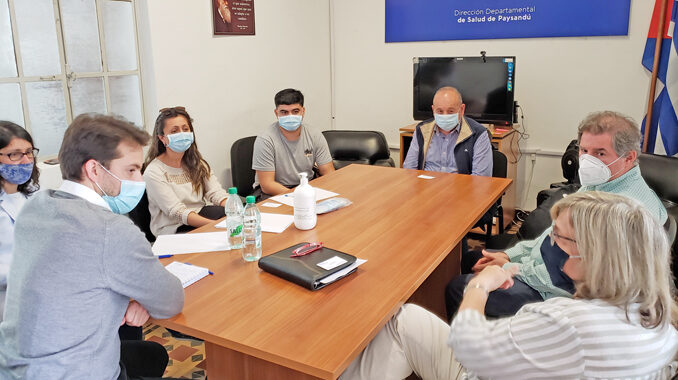
Migrant Ministry Report in South America during the Pandemic Crisis
24 March 2022The report features 40 good practices enacted by the Catholic Church in South America in 2020, during the pandemic, through the lens of Pope Francis’s four verbs for migration: welcome, promote, protect, and integrate.

Vatican Covid-19 Commission: Pandemic, conflicts, and forced migration
16 March 2022The Migrants and Refugees Section of the Dicastery for Promoting Integral Human Development recommends that, in this time of crisis, special attention and greater commitment be devoted to the prevention and resolution of conflicts.

Vatican Covid-19 Commission: Human Trafficking and Digital Media
4 January 2022The Migrants & Refugees Section of the Dicastery for Promoting Integral Human Development embraces the Holy Father’s concern for all victims of trafficking, made more vulnerable due to the pandemic, and heeds his urgent call to fight this gruesome criminal business in all its forms.
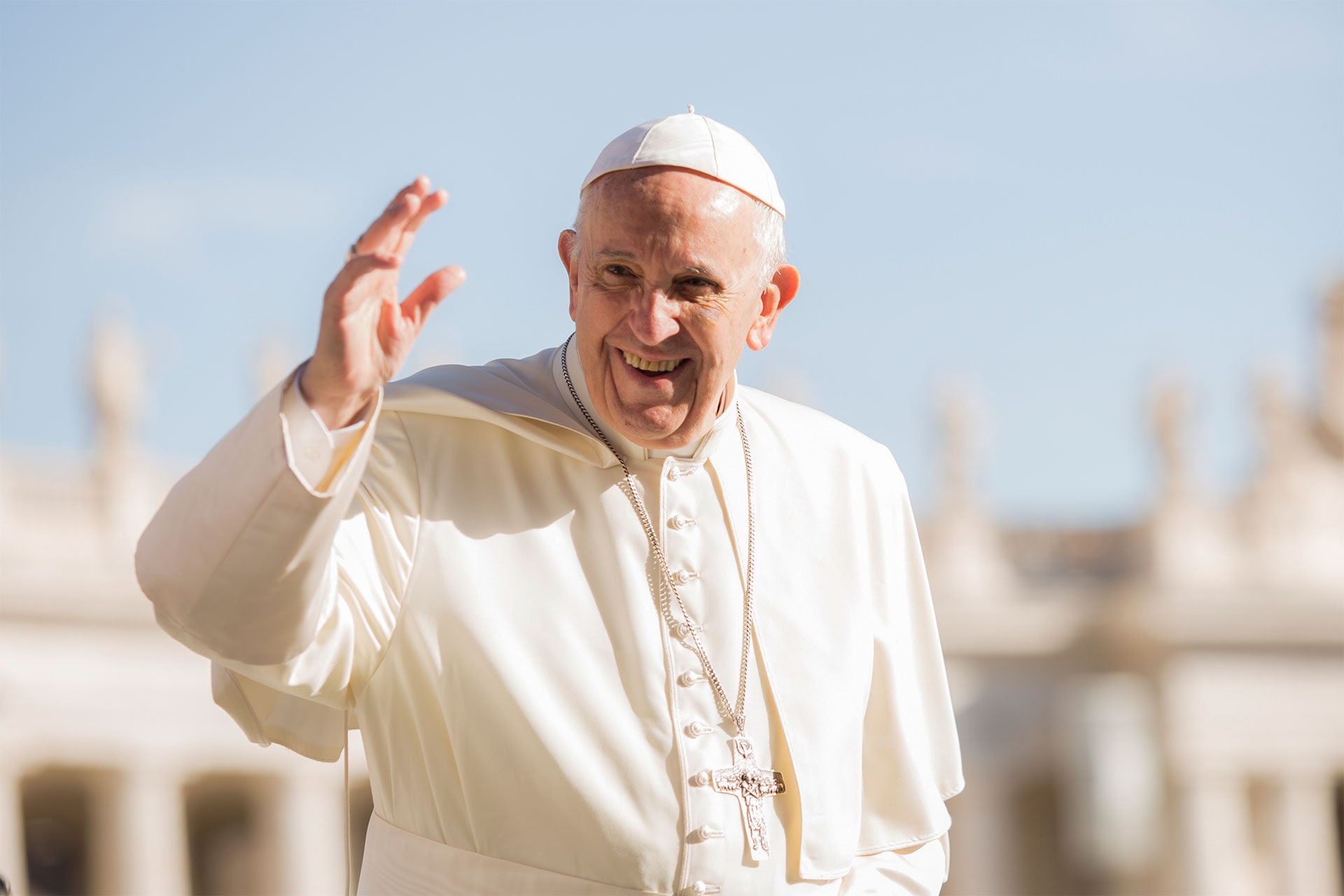
Pope Message – World Day of Migrants and Refugees 2021
6 May 2021Towards an ever wider “we” is the theme chosen by the Holy Father for the 107th World Day of Migrants and Refugees (WDMR). An appeal to build a universal “we” —may this be achieved first and foremost within the Church, called upon to create communion within diversity.
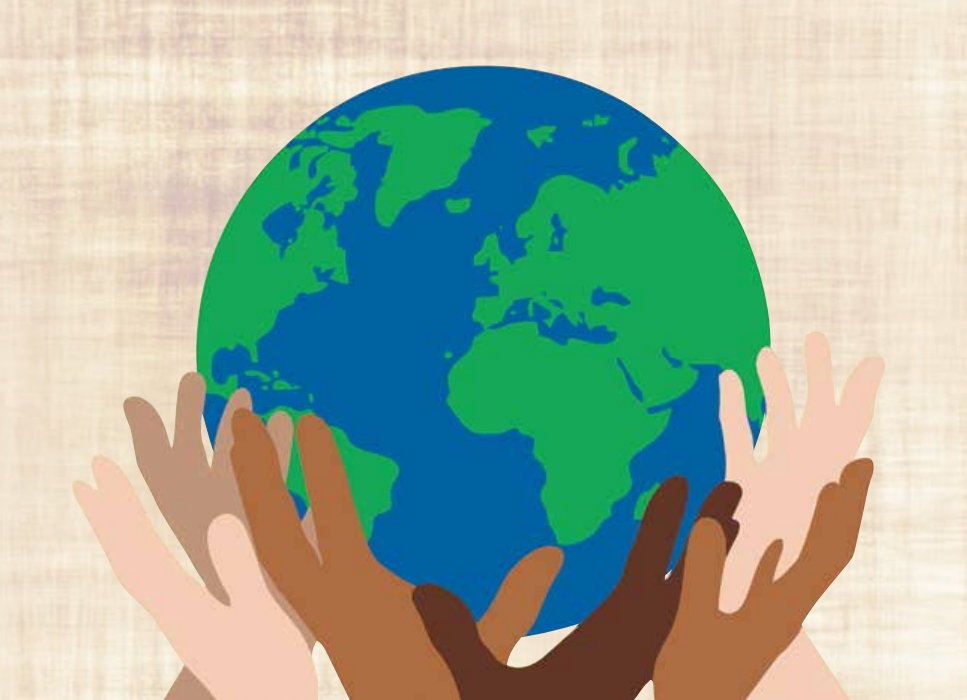
International Migration in Southern Africa
6 May 2021The SACBC Office for Pastoral Care for Migrants and Refugees felt the need to organize a Manual on International Migration in Southern Africa, for Dioceses and Parishes of South Africa, Botswana and Eswatini.

SACBC Formation and Training Manual – Pastoral Care for Migrants and Refugees
6 May 2021The SACBC Office of Pastoral Care for Migrants and Refugees felt the need to organize a Manual for Formation and Training of Pastoral Care for Migrants and Refugees as a guideline for Dioceses, and Parishes of Southern Africa.
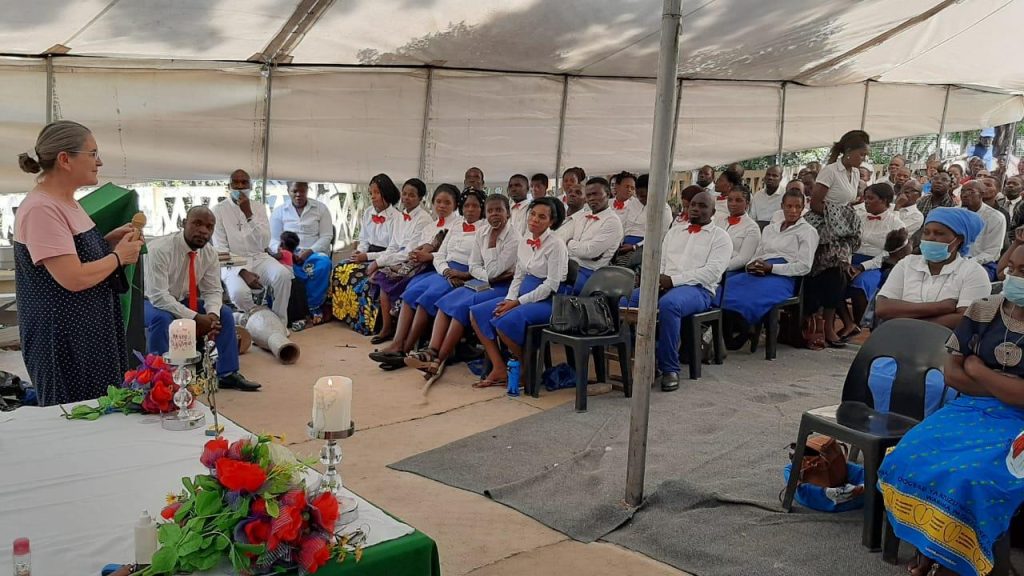
Directory of Services for Refugees and Migrants in South Africa
5 May 2021Directory of Services for Refugees and Migrants in South Africa

Migrant Ministry in Africa – REPORT 2019
22 April 2021The report presents an analysis of the information gathered in the various African countries and illustrates some good practices of reception, protection, promotion and integration of migrants, refugees and trafficking victims.
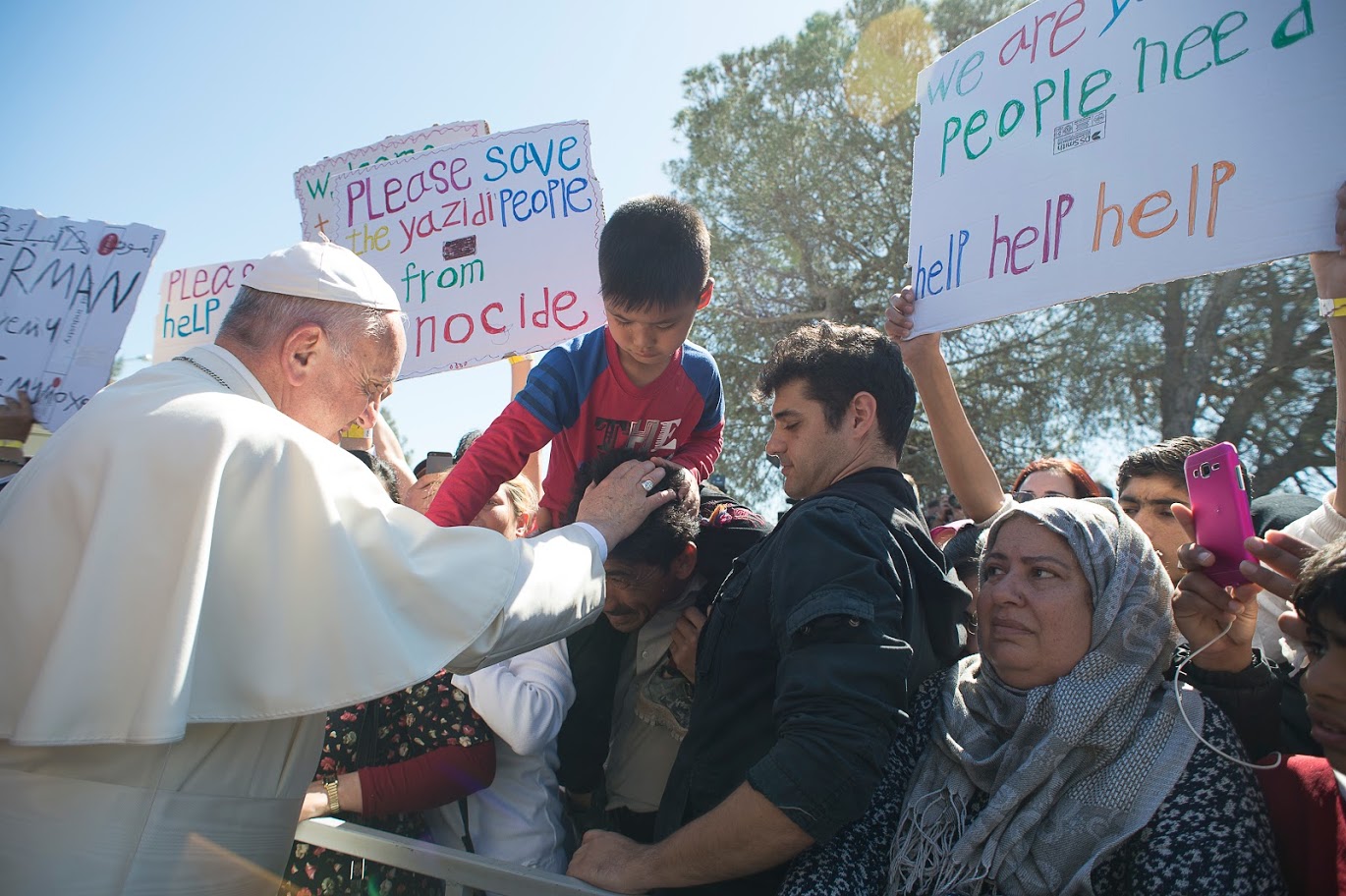
Migrant Ministry in Europe – Report 2019
16 March 2021Migrant Ministry in Europe - Report 2019
This volume provides the results of the survey for Migrant Ministry in Europe - Report 2019, the second survey realised within the framework of a cooperation agreement signed between the Migrants and Refugees Section and the Catholic University of Milan.
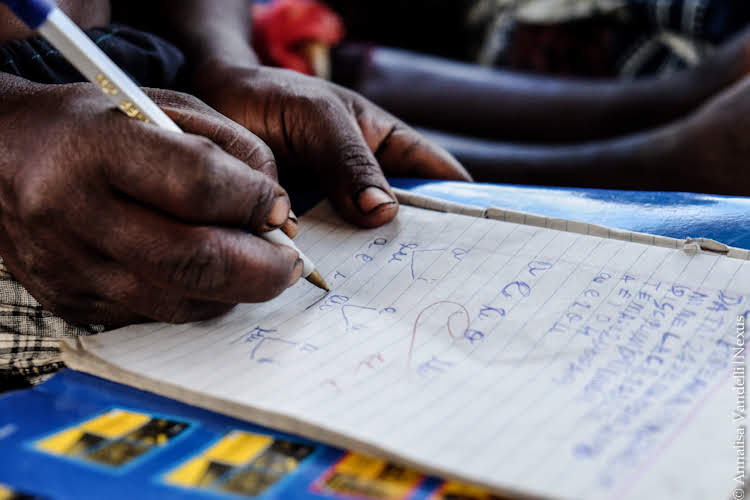
Migrant Ministry in Africa 2017 REPORT
24 November 2020The report presents an analysis of the information gathered in the various African countries and illustrates some good practices of reception, protection, promotion and integration of migrants, refugees and trafficking victims.

Vatican Covid-19 Commission: Restoring Dignity To Migrant Workers
2 July 2020In the context of the Vatican’s COVID-19 Commission, the Migrants and Refugees Section released this statement to call for the implementation of effective measures aimed at upholding the dignity of all migrant workers.
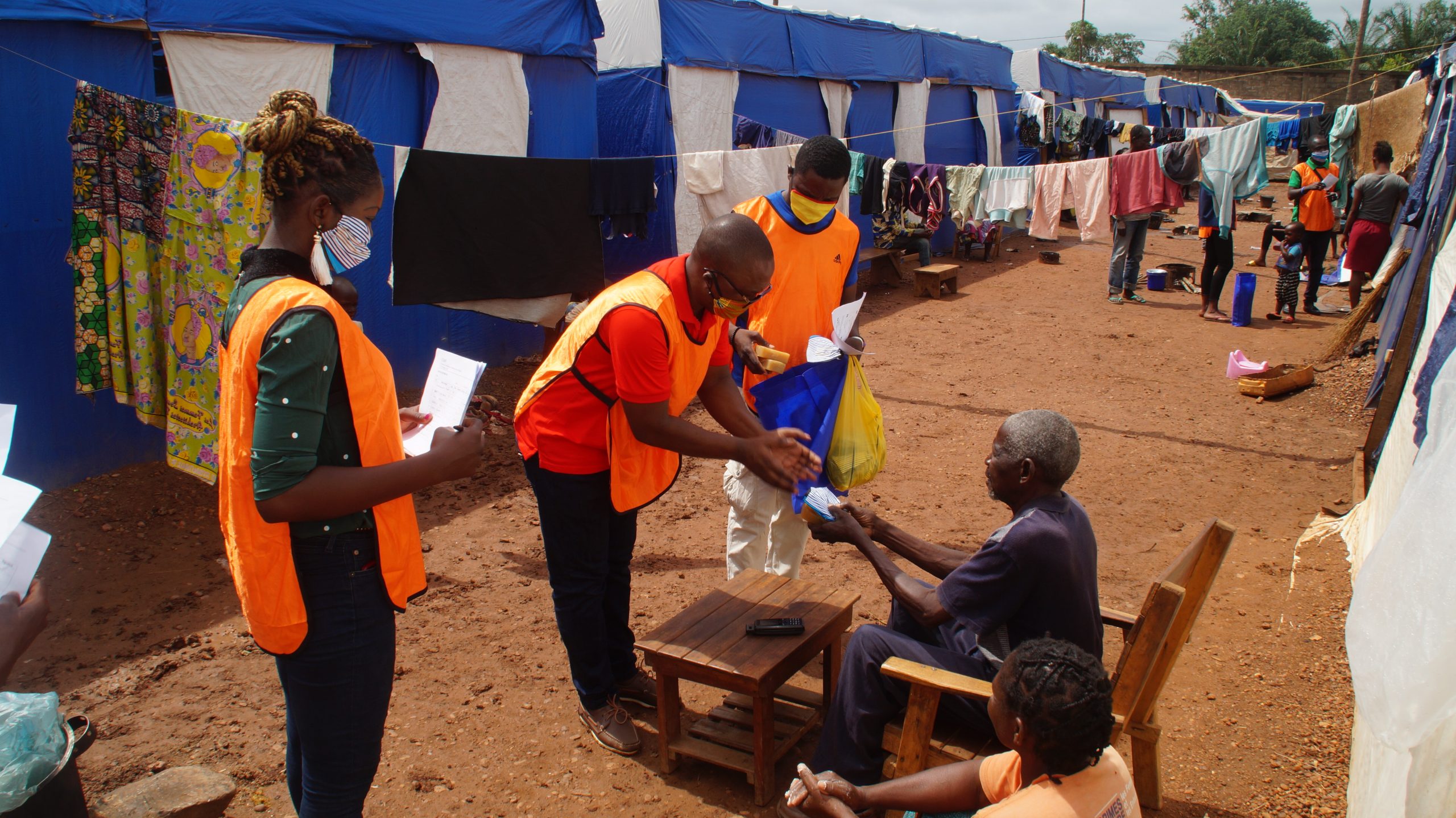
Vatican Covid-19 Commission: regularisation of migrants
6 June 2020The Migrants and Refugees Section, within the work of the Vatican Covid-19 Commission, has developed a “policy brief” on regularization of migrants. This document introduces challenges and feasible solutions highlighting the reasons that ground the proposals and how they are to be implemented.

Vatican Covid-19 Commission: Alternatives to Immigration Detention
6 June 2020The Migrants and Refugees Section, within the work of the Vatican Covid-19 Commission, calls for systematically exploring and adopting non-custodial alternatives to immigration detention and to putting an end to this practice altogether.

Vatican Covid-19 Commission: Ensuring Access to Territory
6 June 2020The Migrants and Refugees Section, within the work of the Vatican Covid-19 Commission, vigorously affirms that secure admission to territory should be granted to all those in need of international protection.

Pastoral Orientations on Internally Displaced People
4 March 2020At the end of 2018, according to the Internal Displacement Monitoring Centre (IDMC), 41.3 million people were internally displaced worldwide, the highest number in recorded history.

Welcoming Christ in refugees and forcibly displaced persons – Pastoral Guidelines
14 November 2019Welcoming Christ in refugees and forcibly displaced persons is a response to the needs of refugees and forcibly displaced persons.
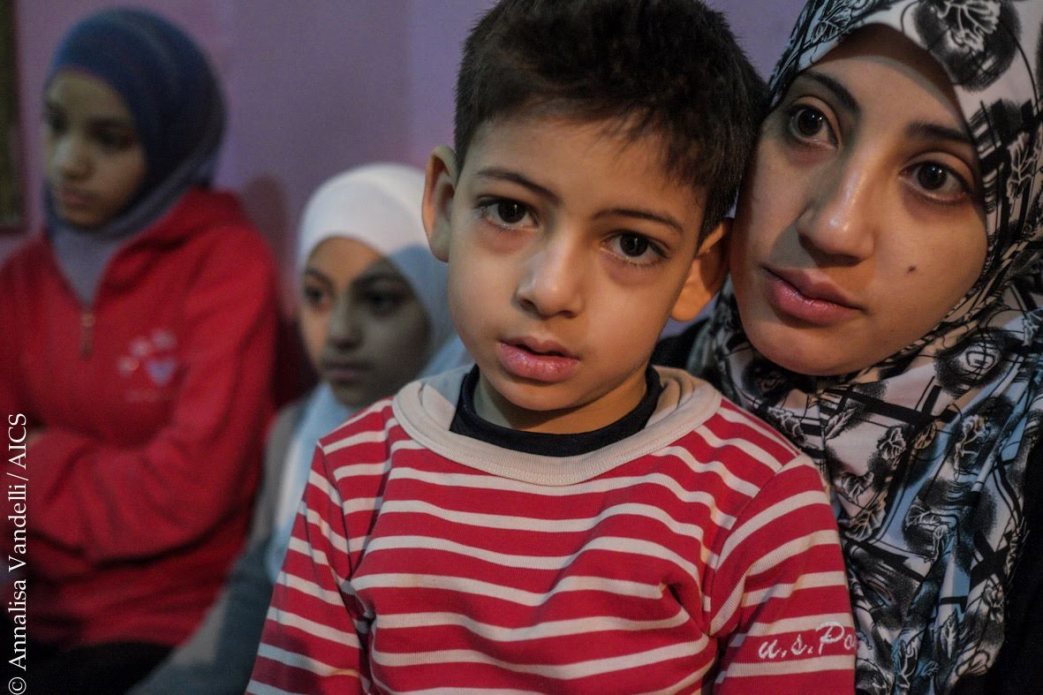
Erga migrantes caritas Christi – The love of Christ towards migrants
7 November 2019On May 1, 2004, the Holy Father John Paul II authorized the publication of the Instruction Erga migrantes caritas Christi.

International Conference Pastoral Orientations on Human Trafficking, Sacrofano 9-11 April 2019
9 October 2019Conclusions of the International Conference
The on Pastoral Orientations on Human Trafficking offer practical indications to make the Church’s commitment in the fight against human trafficking more adequate and effective.

Pope Message – World Day of Migrants and Refugees 2019
29 September 2019Pope Francis' Message for the World Day of Migrants and Refugees 2019
The theme of the Holy Father’s Message for the celebration of the 105th World Day of Migrants and Refugees is “It is not just about migrants”.

Report On The Pastoral Care Of Migrants In Europe In 2017
26 September 2019The report presents an analysis of the information gathered in the various European countries and illustrates some good practices of reception, protection, promotion and integration of migrants, refugees and trafficking victims.

20 Action Points for the Global Compacts
11 March 201920 Action Points for the Global Compacts (Booklet)
What about the laws and policies which govern human mobility in your own country and all over the world? Take these policy proposals up in your dialogue with your government and international organizations as they prepare the new Global Compacts on Migrants and on Refugees in 2018.

20 Pastoral Action Points
11 March 201920 Pastoral Action Points (Booklet)
Depending where you live, you may find refugees and migrants arriving, leaving, passing through, settling, and even returning to their place of origin. This is your chance to get personally involved in practical and spiritual ways. Lend them a hand and become their neighbour.

Pastoral Orientation on Human Trafficking
4 March 2019Migrant smuggling often leads to the crime of human trafficking. Many adults, in their attempt to escape war or natural disaster, end up being trafficked and forced or sold into slavery. The majority of women and children end up in sexual slavery. Let’s work to make migration safer and more regular.

Towards the Global Compacts on Migrants and on Refugees 2018
27 March 2018Towards the Global Compacts on Migrants and on Refugees 2018 (Booklet)
Here is the 2018 Peace Message of Pope Francis, and then our proposed 20 Action Points for you to implement in your community and to advocate with your government.

Messages of Pope Benedict XVI for the World Day of Migrants and Refugees
5 January 2017Read and download all the Messages of His Holiness Benedict XVI for the World Day of Migrants and Refugees from 2006 to 2013.


